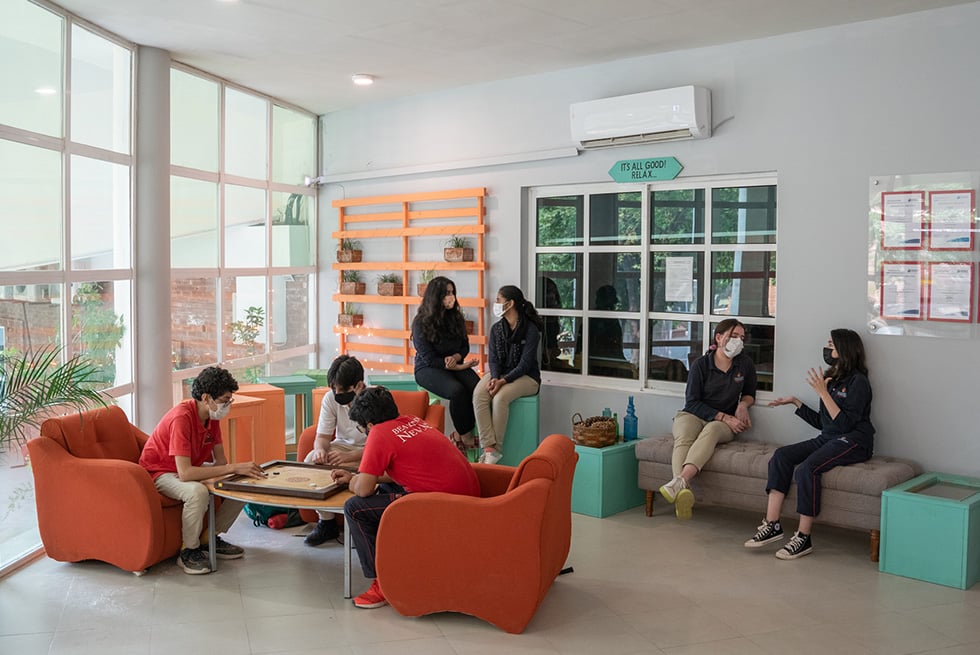
Beaconhouse-Newlands (BN) takes pride in offering a range of international curricula, including the International Baccalaureate (IB). Moving towards an IB continuum school over the years, was not a sudden change but a natural progression of an IB World School that has very successfully implemented the IB Primary Years Programme (PYP) and has grown as a school of choice and repute.
Beaconhouse-Newlands has campuses in Lahore, Islamabad, and Multan. The Lahore branch holds the distinction of being the first IB PYP authorised school in Lahore and within the Beaconhouse network. All three schools now offer the Middle Years Programme (MYP) as candidate schools. BN Islamabad has now become a continuum school offering all IB programmes: Primary Years Programme (PYP), Middle Years Programme (MYP), Diploma Programme (DP), and Career-related Programme (CP).
01
IB Continuum SchoolBeaconhouse-Newlands is committed towards offering high-quality international qualifications that share our powerful vision. Driven by the values described in the learner profile, an IB education focuses on learners, promoting healthy relationships and personal challenge.
02
Learning Support Programme03
Day Boarding School04
Cocurricular Programme